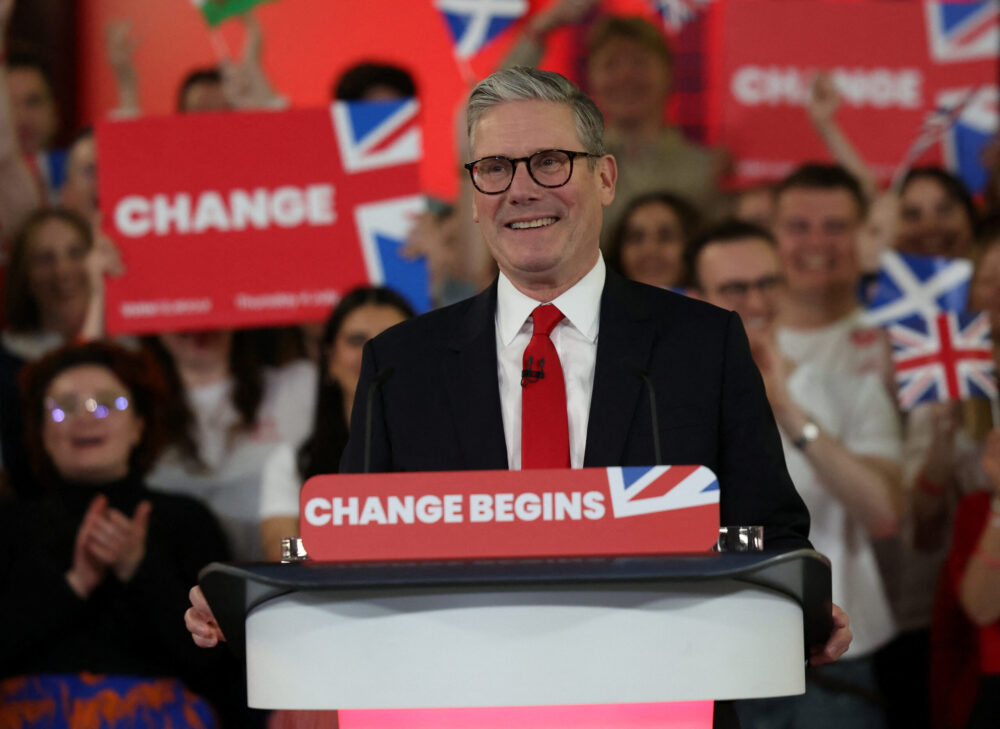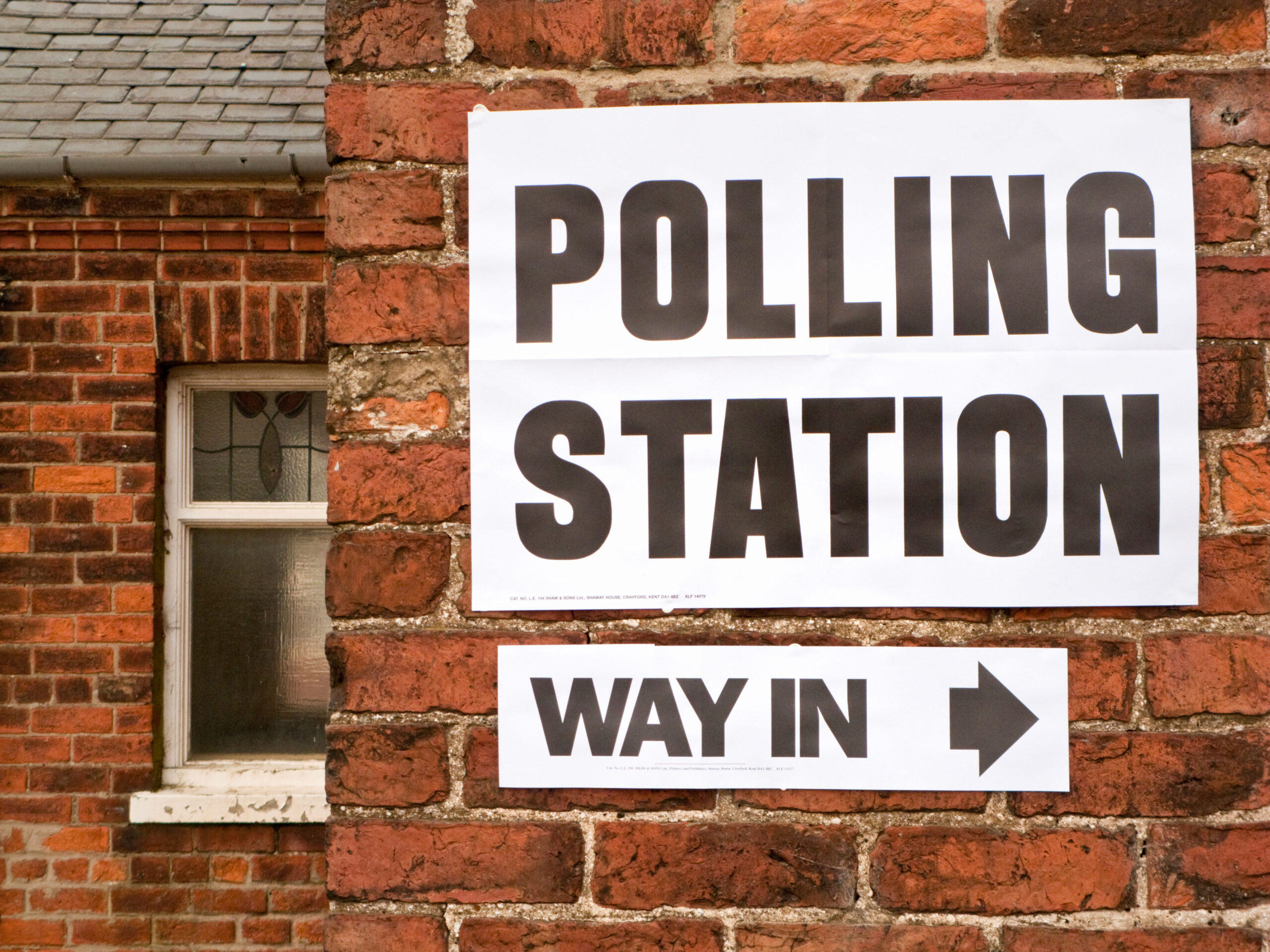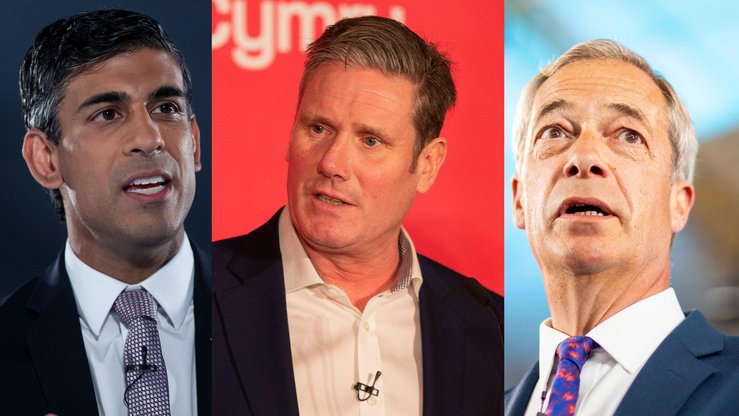
David Cameron has said the midterm blues and tough economic conditions are not enough to explain last week’s results, and that he will not take refuge in the familiar excuses. This is good to hear, though he probably does take some comfort in the fact that bad local elections are hardly a shock for a mid-term government. Nevertheless, it is worth making some observations about what happened.
Some claim core Conservatives stayed at home or voted for someone else. Yet the figure of 31%, the party’s vote share last Thursday, has a familiar ring to it. This may be because 31% was the party’s average score in published polls between 1997 and 2005. That suggests to me not that core Tories did not vote Conservative last Thursday, but that they were the only ones who did.
Of course, even some of our usual voters will have stayed away, and a few will even have voted for someone else. With turnout at a dismal 32%, no party has fired the imagination in these elections. But what is clear is that we are not managing to keep on board many of those who voted Conservative two years ago, let alone enlist further support.
Those who fear the biggest danger to the Conservative Party is the loss of its traditional voters argue the government has put people off by entertaining gay marriage and Lords reform. They further argue that the party would do well to learn from Boris Johnson, who they say presented an undiluted Tory agenda. I am sure his Nine-Point Plan was admirable, but how many voters could have named two of these points? How many could have named one? If the prospect of gay marriage puts Tory voters off the party, how did Boris manage to do so well when he supports it? Is the Mayor’s famous Euroscepticism really a big reason why otherwise Labour-supporting voters turned out to elect him? I was delighted by Boris’s win, which is a very considerable achievement in these times. But a mayoral election is different from other local, let alone national elections, and the particularities of this race make it dangerous to draw too many wider conclusions. As always, Tories should be wary of learning only the lessons that please them.
The real lesson is that the government should focus on the things that matter. Of course, if we could all agree on what they were, politics would be very much more straightforward. Some, in a manner which is now not so much predictable as Pavlovian, say the answer is to promise a referendum on Europe. But these people would probably give the same answer if you asked them how to stop a soufflé from sinking. I think Britain’s relationship with the EU was unlikely to have been on most voters’ minds as they elected their new councillors.
Gay marriage and Lords reform in themselves are unlikely to have deterred many potential Conservatives; indeed most will not even know the questions have even been on the agenda. It is the opportunity cost that matters: these issues will be problems if people start to feel the time and energy spent on them are distracting the government from things that matter to them more. The economy and jobs still top the voters’ agenda. In the first year of the coalition and beyond, voters rallied to the message that restoring public finances was the overriding aim, even if a further vision was lacking; now even that sense of mission seems to have dissipated.
Last summer, when the Conservative vote share remained around the 37% the party achieved at the general election, I found a swing to Labour in the forty one Tory-held marginals that threatened most of them. Last week’s results continue the pattern that rather than expanding, the Conservative voting coalition is eroding. Achieving a majority in 2015 is by no means impossible, but two years into the coalition the prospect undeniably looks more distant. I will be doing a good deal more work on this question in the weeks and months to come. Meanwhile, the local election results confirm my view that in order to keep existing supporters and attract others, what the Tories need is not so much a change of direction as a sense of direction.


